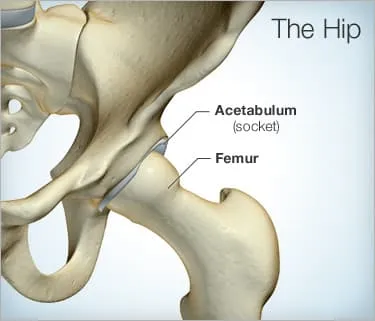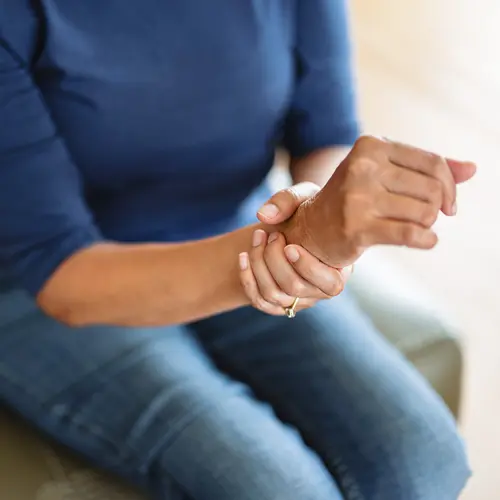Recovery from hip replacement surgery can be a long process. What should you expect? Everyone's case is different, but here's a rough outline of what will happen after hip replacement surgery -- from the day of the operation to three months later. Recovery time can vary and will often depend on your age, health, diet, and how active you were before your surgery.

Day of Your Hip Replacement Surgery
- You'll check in several hours before your scheduled surgery. Expect to stay for 3 to 4 days.
- The procedure will probably last about 2 to 3 hours.
- Recovery from anesthesia will probably take about 2 hours.
- Once you're fully awake, you'll go to your hospital room.
- You will likely stick to a liquid diet for the rest of the day.
- You will need medication to help with pain and to prevent infection and blood clots.
1 to 2 Days After Hip Replacement Surgery
- You'll get out of bed -- with assistance -- and start moving around using a walker or crutches.
- You will see physical and occupational therapists. They will help you learn how to move safely with minimal pain. You probably won't be able to do certain movements for a few weeks.
- The day after surgery, you can usually begin eating a normal diet.
- You'll see many different people from the hospital staff, including doctors, nurses, and case workers.
- You'll likely shift from intravenous (IV) to oral pain medications.
3 Days After Hip Replacement Surgery
- Walking will likely be easier. You may be able to walk to the bathroom without help.
- You will be discharged from the hospital if you are doing well. Some people stay longer if they have complications.
- Depending on your situation, you may go straight home or to a rehab facility, where you'll recover.
4+ Days After Hip Replacement Surgery
- Follow your doctor's instructions for taking care of your incision. Keep the area dry and stick to sponge baths to prevent infection. Do not let your incision get wet, like in a tub.
- Report any signs of infection -- such as increased redness, drainage from the incision, or fever -- to your doctor right away.
- Keep doing the suggested physical therapy exercises.
- You may get home visits from nurses and the physical therapist.
- You should need less pain medication.
- Move about as much as possible. This will help maintain good blood flow in your legs and help prevent blood clots.
10 to 14 Days After Hip Replacement Surgery
- The staples from your incision will be removed. At this point, you can start taking baths or showers.
3 to 6 Weeks After Hip Replacement Surgery
- You may be able to do most light activities. You'll likely be able to walk without a walker or crutches.
- You may be able to drive again
10 to 12 Weeks After Hip Replacement Surgery
- You may be able to return to all of your normal activities.

